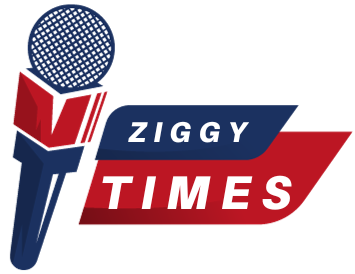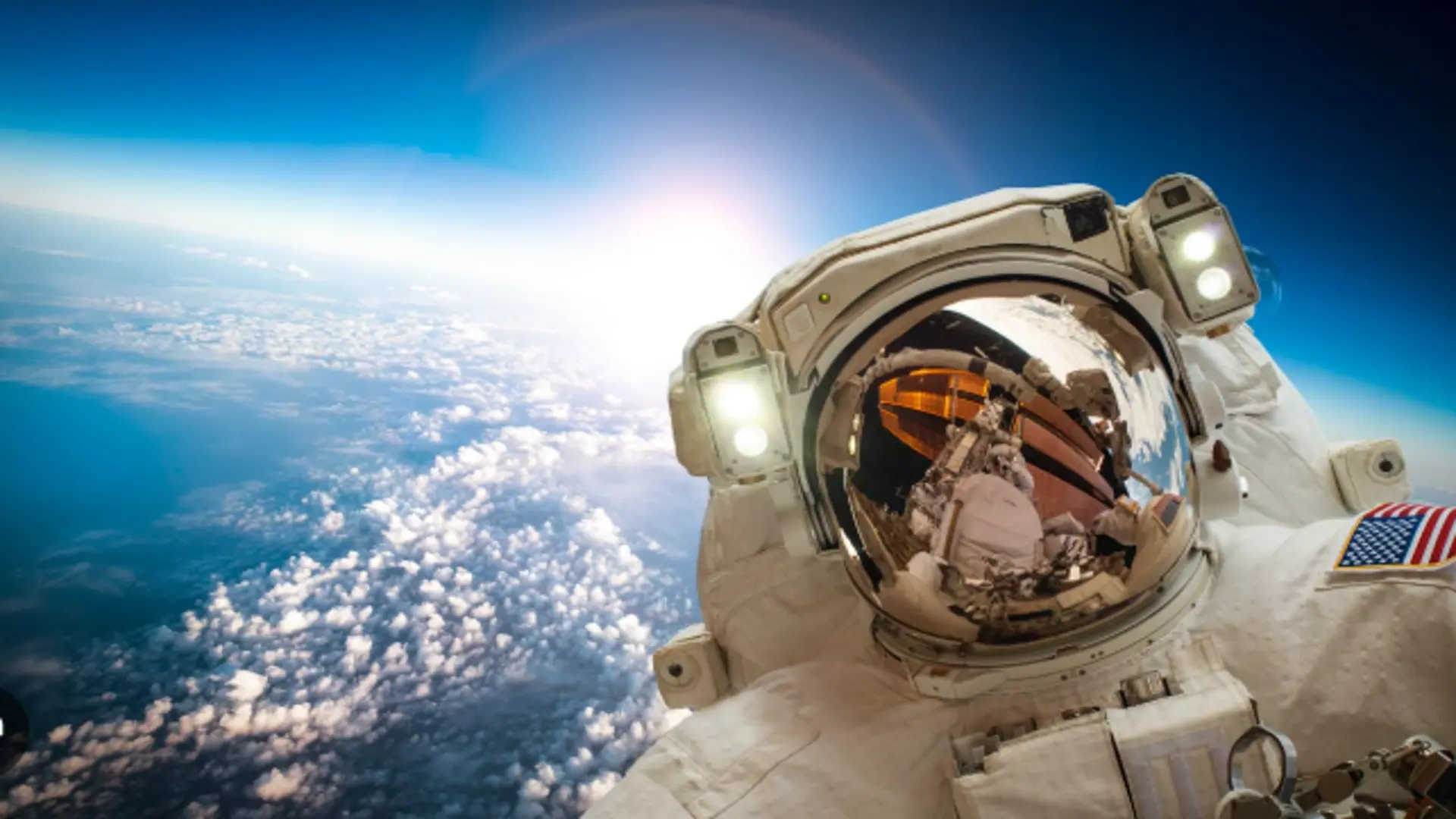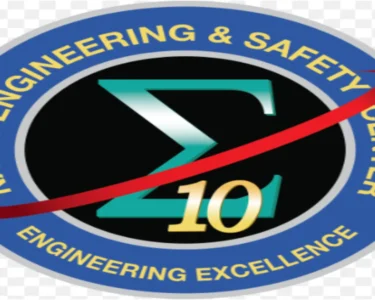How to Pass on Best Practices and Avoid Repeating Mistakes
Nasa’s rocket scientists, software developers and systems engineers are adept in their respective fields; yet how can they pass along best practices and remain efficient with such complex tasks?
Successful industry and government organizations overcome barriers by making a firm management commitment to knowledge management, offering incentives to promote sharing, and developing technology systems to facilitate information access. The first step should be a policy.
CKOs
CKOs within organizations are accountable for implementing knowledge management strategies and systems. Their duties may include identifying critical knowledge assets, creating infrastructure to facilitate KM implementation and training employees on its use; in addition, they should have the ability to analyze and utilize data in making strategic decisions.
More: Dupont Museum | Washington DC Local T.V Station | Survey Monkey Quiz Mode | New Politics Academy | NASA Langley Visitor Center
Therefore, CKOs must possess strong leadership abilities and be effective communicators. Furthermore, they should have the ability to establish professional relationships to help foster an environment conducive to knowledge sharing; in addition, technology should help further increase these abilities.
NASA’s Knowledge Management Officers have played an essential role in improving knowledge capture practices at the agency. Through tools such as Knowledge Capture and Transfer Guide for Supervisors and Knowledge Management Planning Guide, these CKOs have increased efficiency and effectiveness of knowledge transfer between departments within NASA.
Furthermore, they have worked towards creating an consolidated knowledge framework across the agency that will reduce risks and ensure successful project outcomes as well as allow aggregation of vital knowledge from across their enterprise.
Michael Bell
NASA has amassed decades of knowledge. They have established an effective strategy to capture and share this expertise through lessons learned information systems, training courses, and other means. Furthermore, NASA has assembled a management team specifically dedicated to knowledge management activities as well as pilot projects designed to test new information technologies.
One effective strategy they employ for this goal is legacy interviews.
These discussions help ensure that key institutional knowledge doesn’t disappear when people retire or depart the agency, while also helping reduce operational failure risks caused by complacency.
Michael Bell brings extensive public policy and government relations experience. He has served on the Senate Judiciary Committee staff and in the Office of Legislative Affairs at the U.S. Department of Justice. In addition, Michael has gained an impressive amount of voice-over work having voiced Stutz on Hanna-Barbera’s Speed Buggy as well as Scrapper in Transformers franchise, in addition to making appearances on episodes of Dallas and MASH.
Kevin Rivers
NASA has collected an abundance of knowledge in over 60 years of exceptional achievement, which APPEL Knowledge Services makes accessible quickly – including case studies, lessons learned videos and expert networks.
Kevin Rivers serves as Associate Center Director for Technology at NASA’s Langley Research Center and his focus is providing strategic and transformational leadership to advance capabilities across his largest organization in the center. He leads a team charged with proposing, advocating for, planning and staffing programs and projects as well as carrying out R&D activities that support its mission at Langley.
He serves as Knowledge Management (KM) Program Manager for the Research Directorate, overseeing their knowledge management efforts. In addition to implementing best practices within internal systems, he and his team conduct legacy interviews when technical leaders leave or retire, in order to preserve institutional knowledge and prevent it from being lost over time. Interview videos can then be used for training, collaboration or innovation purposes as needed.
Larry Leopard
NASA excels at sharing knowledge, whether through learning from its mistakes or sharing best practices, so as to prevent repeating them and grow its technical strengths – a goal shared by many within the agency.
To that end, NASA employs various knowledge management mechanisms. Their processes and systems enable lessons learned to be identified, documented, captured, disseminated and utilized on future programs/projects for reduced risk and improved performance. Furthermore, various NASA centers and programs maintain lessons learned information systems tailored specifically toward their staff.
NASA utilizes legacy interviews as one of its key knowledge management practices, to capture institutional knowledge that may otherwise be lost as people leave. Legacy interviews are especially essential as the agency looks back to its roots of pioneering new technologies and exploring unknown territories; having those lessons available to guide future NASA leaders is integral to its mission and KM is all about cultivating an environment which fosters sharing and continuous improvement.
Zudayyah Taylor-Dunn
NASA has amassed an immense wealth of engineering and science knowledge since their great success, however much of this expertise remains underutilized due to cultural barriers (such as an intolerance for mistakes) or simply not having enough time to capture lessons learned and submit reports.
NASA centers and key programs also maintain their own lessons learned systems tailored to the staff; unfortunately, however, some of these systems have numerous flaws.
Zudayyah Taylor-Dunn, Chief Knowledge Officer in both NASA’s space operations and exploration systems directorates, told an APPEL audience it is crucial to create an organizational culture of openness to ensure safety and risk mitigation override deadlines and budgetary concerns.
Otherwise, NASA could risk repeating the Challenger and Columbia tragedies, which resulted in 14 astronaut deaths – an important message KM leaders at NASA must constantly reiterate.
Jeff Northey
One of the biggest mistakes people make in knowledge management is underestimating its value. Recognizing its worth will allow you to maximize its effect; an excellent way of doing this would be analyzing existing budgets.
NASA uses various methods to capture and share their knowledge. One successful practice is legacy interviews, which allow them to gather not just project lessons learned but also the knowledge accrued over an individual’s long career at NASA – thus protecting their knowledge as people retire or leave the organization.
Another key component of their KM strategy is creating an innovative culture. They do this through encouraging creativity and collaboration as well as through the implementation of various KM tools and techniques. Furthermore, they have implemented an extensive training program which equips employees with skills necessary to effectively manage knowledge. Lastly, they encourage their employees to seek knowledge from external sources.
Moses Adoko
Moses Adoko has over 23 years of experience at NASA Goddard Space Flight Center (GSFC). As Chief Knowledge Officer he is responsible for developing and implementing technical knowledge management strategies to support programs and projects of the agency, and lectures at George Washington University’s School of Engineering and Applied Science.
See More: The Museum of Discovery | The Colorado History | Museum Northwest | Flagstaff Museum | Terry Bryant Accident Injury Law
He has been actively engaged in developing several technical and institutional knowledge management programs, such as strategic organizational learning programs, project/program management training, systems engineering workforce development programs, NASA’s Systems Engineering Procedural Requirements Policy Development process and serving as Program Manager of the GSFC Academy of Program/Project and Engineering Leadership from 2012-15.
Moses is an ardent proponent of knowledge management (KM). He strongly believes it’s essential for any organization’s success and works tirelessly to foster an environment in which continuous learning and improvement take place. Moses encourages his team members to learn from each others experiences while sharing their own lessons learned with each other.
John Stealey
NASA engineers, scientists, and project leaders have amassed an incredible amount of engineering knowledge over many years of groundbreaking engineering achievement; yet many lessons remain unidentified, collected, or shared regularly due to cultural or time constraints, limited incentives or ineffective technology systems providing access.
Stealey reports that NASA’s Knowledge Management community is taking positive steps to meet challenges and build upon past successes. At Glenn Research Center, Ralph Zerick facilitates knowledge capture for projects while leading case studies; at Goddard Space Flight Center Ed Rogers offers a robust system for applying lessons learned back into daily operations.
He stressed the importance of finding and engaging the appropriate individuals to collect and distribute knowledge – both formal and informal stakeholders alike.
Furthermore, he advised agencies to strengthen their lessons learning processes and systems by including elements for sharing best practices into performance plans; improve lesson learned information systems by codifying lessons more easily for users; and finally optimize lesson learned information systems by creating search functionality to facilitate relevant lesson retrieval.
Frequently Asked Questions
NASA Knowledge Management is the systematic method of collecting information, organizing, sharing and making use of the huge amount of knowledge and experience within NASA. It requires techniques, tools and methods to ensure that important knowledge and lessons learned from different tasks, missions, as well as research activities are efficiently gathered and stored.
By efficiently managing the knowledge assets of its employees, NASA realizes several benefits. This includes improved decision-making based on data and previous experiences, improved efficiency due to the reuse of lessons learned and best practices improved innovation, based on existing knowledge, reducing risk through more informed execution and planning and finally advancement of its mission and scientific objectives.
NASA places a prioritization on the protection of sensitive information as well as ensuring the confidentiality, integrity, as well as accessibility in its information assets. This includes implementing effective security measures to protect the digital repository and communications channels as well as following the policies and regulations regarding the handling of proprietary or classified information.





